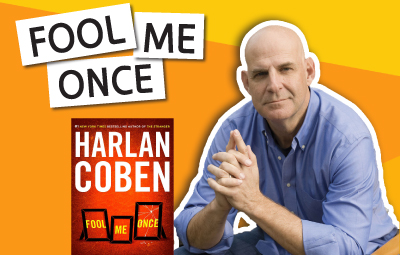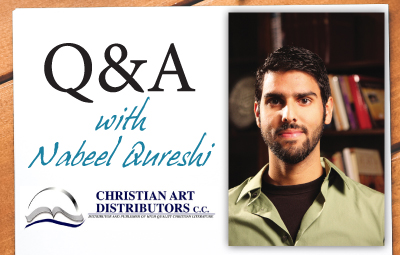
I recently helped pastor Bobby Schuller write an article on the flip side of TV evangelism – the things people don't know. We received such a good response on the news site that I thought I'd reprint it as a guest blog today. Here's his take on TV evangelists. Let me know what you think:
Bobby Schuller: I "accidentally" became a TV evangelist two years ago after pulpit-filling for my grandfather's nearly empty and bankrupt Crystal Cathedral church in Southern California. Since then our team has done a lot to revitalize both our church and its TV ministry - The Hour of Power. In the process I have discovered the reality of TV evangelism world, and trust me - it has been an adventure. Out of that experience, our new producer, Phil Cooke (who has worked with many of the most successful media ministries in the world) and I have put together this list of five things you probably don't know about TV evangelists.
1. The day of "big time TV evangelists" is coming to an end - which is good. The media world has changed dramatically over the last 25 years, and the digital revolution has transformed the way Christians use the media. While television is more important than ever for sharing the Christian message, most leaders are focusing online, using social media, podcasts, and other digital tools. Those who continue to use TV will be vital, but they won't have the profile the previous generation of TV preachers had in the wider culture.
2. TV evangelists are pastors at heart. Most TV evangelists are not greedy or narcissistic. They are simply trying to be missional and reach a new demographic audience. Surprisingly, they are often uncomfortable in front of a camera, but see it as a necessity of the job. Most really love and care for the people they reach.
3. Most TV evangelists struggle financially. While a small group of TV evangelists from the previous generation were very wealthy, a new generation of viewers doesn't give financially at the same level. Therefore, many of the pastors you see on TV today struggle to keep their programs on the air. But they continue doing what they do because of the vast audience potential and the opportunity to share the gospel around what our producer Phil calls "America's Last Great Campfire."
4. Most TV pastors have a deeper theology than you think. The problem here is that the theology doesn't always translate well on TV. Media philosopher Marshall McLuhan famously said, "The media is the message." Meaning, because television is a medium of entertainment rather than discourse, it's a challenge to parse the doctrine of the Trinity on air. Other TV evangelists I know have incredible knowledge of church history, doctrine, and the Bible but just can't find a way to make the ideas work well on TV. That doesn't mean we should walk away. The message just has to be simple, encouraging, and yes, in some cases, entertaining.
5. A new generation of "TV evangelists" will be more creative than you expect. Already, a new generation of Christian leaders is using documentaries, talk shows, short films, reality programming, and even dramatic movies to share its message with the broader culture. While many have weathered criticism from their own camp, they are boldly taking their message to platforms like OWN (The Oprah Winfrey Network), participating in secular media programming, or creating online platforms for the mainstream audience. For instance, Hillsong Church in Sydney, Australia has partnered with Relativity Media to release a feature film about Hillsong United, the world's most popular worship band. Second and third-generation Christian TV personalities like me will succeed only when we discover our own creative identities, honouring the past while being truly unique.
The day of "TV evangelists" may be coming to an end, but what happens next, might just be worth watching.










































































